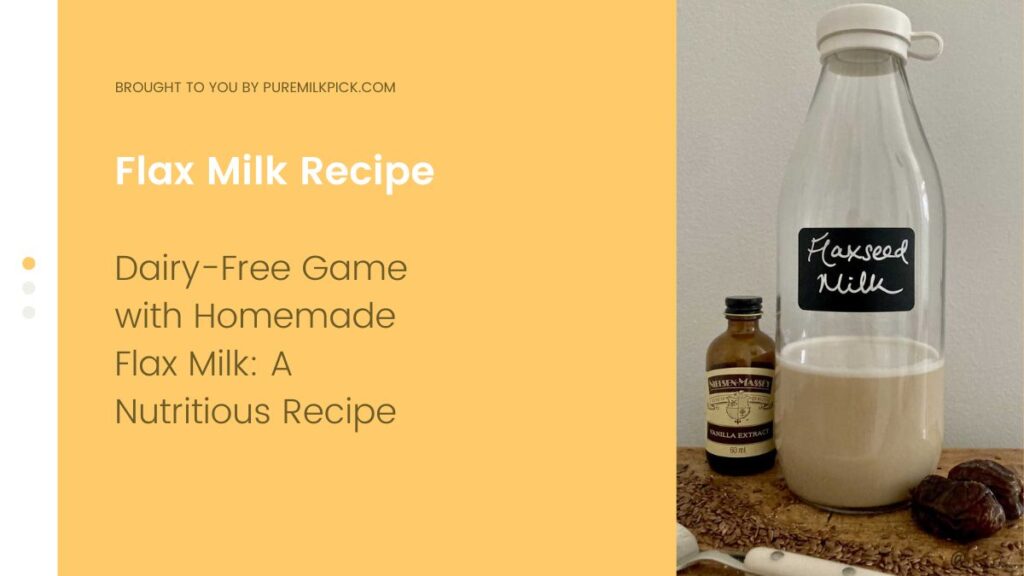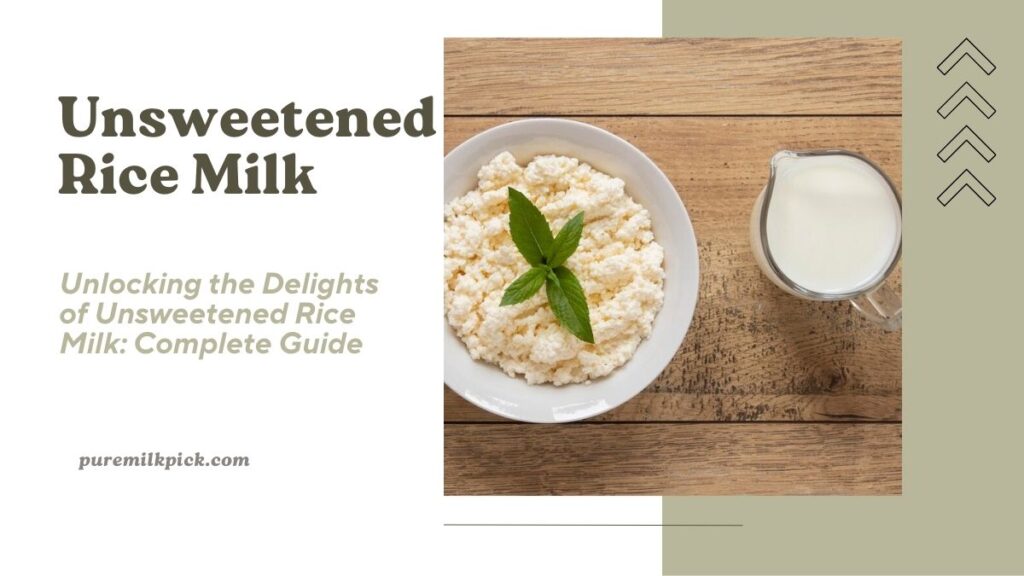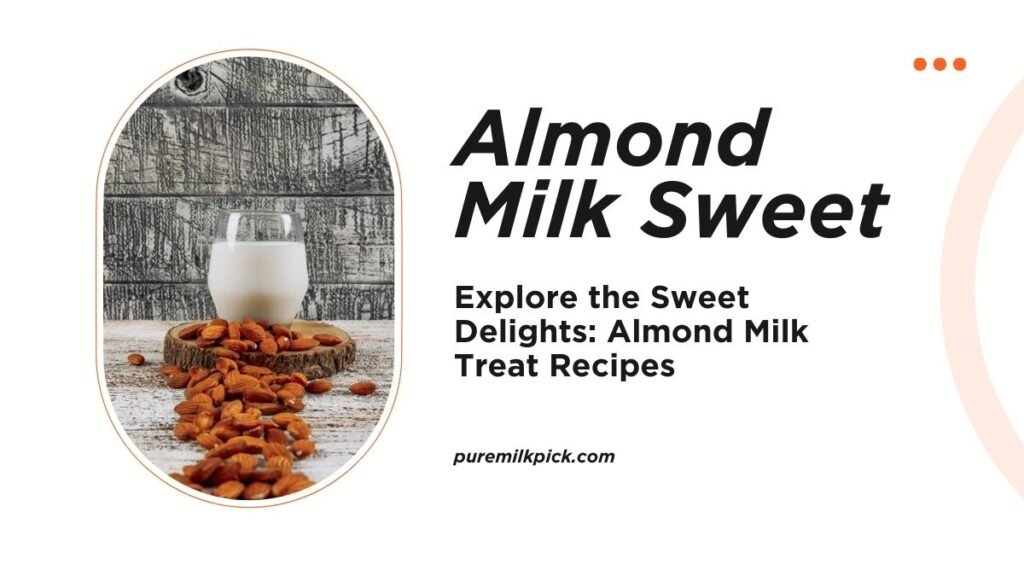Welcome to our guide on the health benefits of cashew milk! As more people seek alternatives to dairy milk, plant-based options like cashew milk have risen in popularity for their creamy texture and delicious taste. In this article, we’ll delve into the nutritional profile of cashew milk, explore its potential health benefits, discuss any drawbacks, and provide tips on incorporating it into your diet for optimal health and wellness.
Nutritional Profile of Cashew Milk
Understanding Cashew Milk
Cashew milk is a dairy-free milk alternative made by blending cashews with water and straining out the pulp. It has a creamy texture and a slightly sweet, nutty flavor that makes it a versatile ingredient in cooking, baking, and beverages. Cashew milk is naturally lactose-free, making it suitable for individuals with lactose intolerance or dairy allergies.
Nutritional Content of Cashew Milk
Cashew milk is relatively low in calories and fat compared to dairy milk, making it a lighter option for those watching their calorie intake. It is also rich in essential nutrients, including calcium, vitamin D, vitamin B12, and magnesium. However, it is important to note that homemade cashew milk may vary in nutritional content depending on the ratio of cashews to water used in the preparation.
Read More: Unlocking the Delights of Unsweetened Rice Milk: Complete Guide
Comparison to Other Milk Alternatives
Compared to other plant-based milk alternatives such as almond milk, soy milk, and oat milk, cashew milk has a creamier texture and a richer flavor. It also tends to be higher in fat and calories due to its higher nut content. However, cashew milk is still lower in calories and fat than dairy milk, making it a popular choice for those seeking a lighter alternative.
Health Benefits of Cashew Milk
Provides Essential Nutrients
Cashew milk is a good source of essential nutrients such as calcium, vitamin D, and vitamin B12, which are important for bone health, immune function, and energy metabolism. These nutrients are often lacking in plant-based diets, making cashew milk an excellent option for vegans and vegetarians looking to meet their nutritional needs.

Supports Heart Health
Cashew milk is low in saturated fat and cholesterol, making it a heart-healthy choice for individuals looking to maintain or improve their cardiovascular health. The unsaturated fats found in cashews, such as monounsaturated and polyunsaturated fats, have been shown to help lower LDL (bad) cholesterol levels and reduce the risk of heart disease when consumed as part of a balanced diet.
Aids in Digestion and Weight Management
Cashew milk is naturally lactose-free and easy to digest, making it a gentle option for those with sensitive stomachs or digestive issues. Additionally, its low calorie and fat content makes it a suitable choice for individuals looking to manage their weight or reduce their overall calorie intake. Cashew milk can be used as a substitute for dairy milk in recipes, beverages, and cereal, helping to lower overall calorie consumption without sacrificing taste or nutrition.
Potential Drawbacks of Cashew Milk
Lower Protein Content
One potential drawback of cashew milk is its lower protein content compared to dairy milk. While cashew milk does contain some protein, it is not as protein-dense as dairy milk or other plant-based alternatives such as soy milk. Individuals who rely heavily on cashew milk as their primary source of protein may need to supplement their diet with other protein-rich foods to meet their nutritional needs.
Added Sugars and Thickeners
Some commercial varieties of cashew milk may contain added sugars or thickeners to enhance flavor and texture. It is important to read the ingredient label carefully and choose unsweetened varieties of cashew milk whenever possible to avoid excess sugar intake. Additionally, individuals with allergies or sensitivities should be cautious of additives and preservatives commonly found in processed foods.
Environmental Considerations
While cashew milk is a sustainable and environmentally friendly alternative to dairy milk, there are some environmental considerations to be aware of. Cashew production requires significant water usage and may contribute to deforestation and habitat destruction in some regions where cashews are grown. Choosing sustainably sourced cashew milk whenever possible is essential to minimize environmental impact and support responsible farming practices.
Incorporating Cashew Milk into Your Diet
Cooking and Baking
Cashew milk can be used as a dairy-free substitute in a wide range of recipes, including soups, sauces, smoothies, and baked goods. Its creamy texture and neutral flavor make it a versatile ingredient that pairs well with both sweet and savory dishes. Experiment with cashew milk in your favorite recipes to discover new flavors and textures.

Beverages
Cashew milk can be enjoyed on its own as a refreshing beverage or used as a base for homemade smoothies, lattes, and milkshakes. Its creamy consistency and mild flavor make it a delicious addition to any drink, whether served hot or cold. Blend cashew milk with your favorite fruits, vegetables, and spices to create custom beverages that suit your taste preferences.
Cereal and Breakfast Foods
Pour cashew milk over your favorite cereal or granola for a nutritious and satisfying breakfast. Its creamy texture and subtle sweetness enhance the flavor of cereal, making it a delicious and wholesome way to start your day. You can also use cashew milk as a substitute for dairy milk in oatmeal, pancakes, and other breakfast recipes for a dairy-free twist on classic dishes.
Conclusion
In conclusion, cashew milk offers a delicious and nutritious alternative to dairy milk for individuals looking to embrace a plant-based lifestyle or reduce their intake of animal products. With its creamy texture, subtle sweetness, and rich nutritional profile, cashew milk has become a staple in many households and is widely available in stores and online.
Despite its lower protein content compared to dairy milk, cashew milk provides essential nutrients such as calcium, vitamin D, and vitamin B12, making it a valuable addition to a balanced diet. Its heart-healthy fats and gentle digestibility further contribute to its appeal as a versatile and convenient milk alternative.
While there are some potential drawbacks to consider, such as added sugars in commercial varieties and environmental concerns related to cashew production, these can be mitigated by choosing unsweetened varieties and opting for sustainably sourced cashew milk whenever possible.
Whether enjoyed on its own, used in cooking and baking, or added to beverages and breakfast foods, cashew milk offers endless possibilities for culinary creativity and dietary diversity. By incorporating cashew milk into your diet, you can enjoy the benefits of this nutritious and delicious dairy alternative while supporting your health and well-being.
FAQs About Cashew Milk
Yes, cashew milk is a popular choice for individuals following a vegan or plant-based diet, as it is made entirely from plant-based ingredients and contains no animal products. It is also suitable for vegetarians and those with lactose intolerance or dairy allergies.
Cashew milk has a creamy texture and a slightly sweet, nutty flavor that sets it apart from other milk alternatives. Compared to almond milk, which has a lighter texture and a subtle almond flavor, cashew milk tends to be richer and creamier, making it a favorite choice for those seeking a dairy-free milk option with a more indulgent taste.
While cashew milk is generally considered safe for consumption, individuals with nut allergies should exercise caution and consult with a healthcare professional before incorporating cashew milk into their diet. Additionally, those with sensitivities to certain additives or preservatives commonly found in processed foods should read ingredient labels carefully and choose unsweetened varieties of cashew milk whenever possible.



